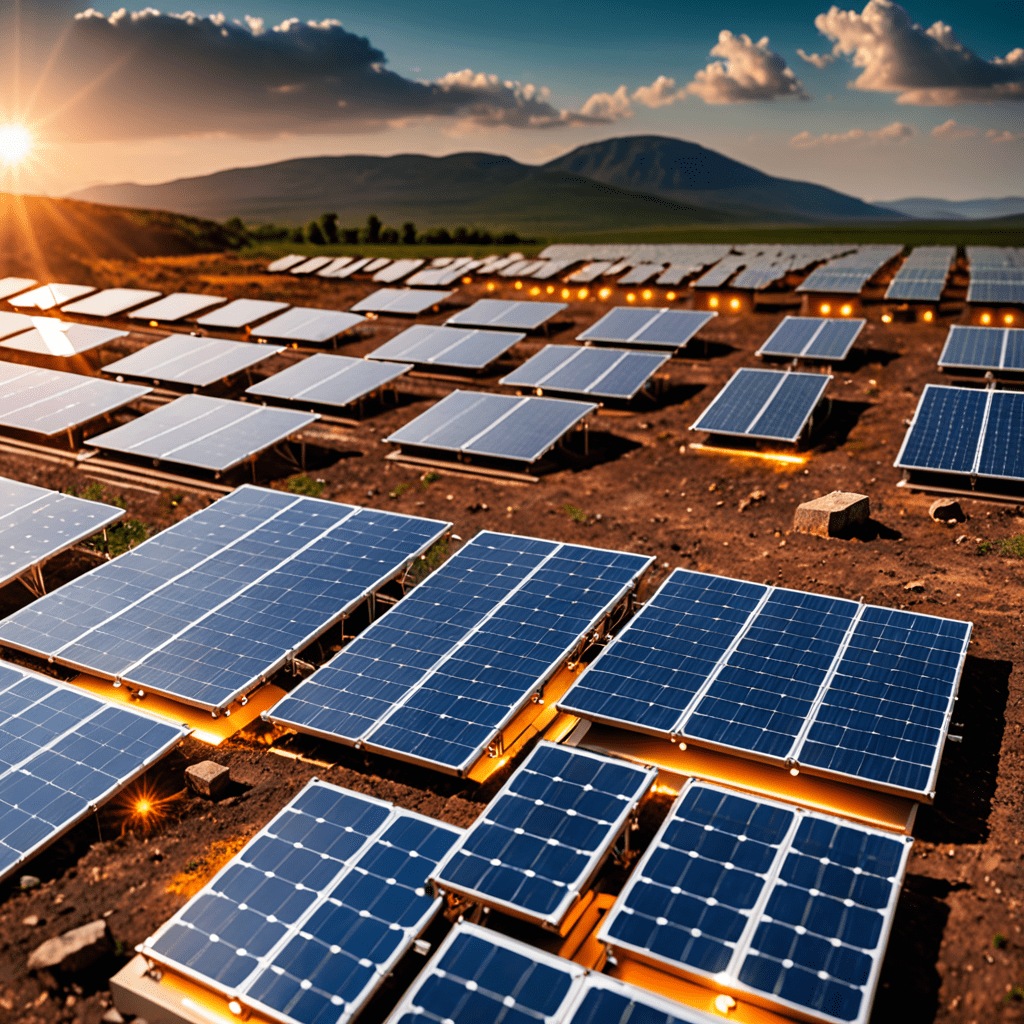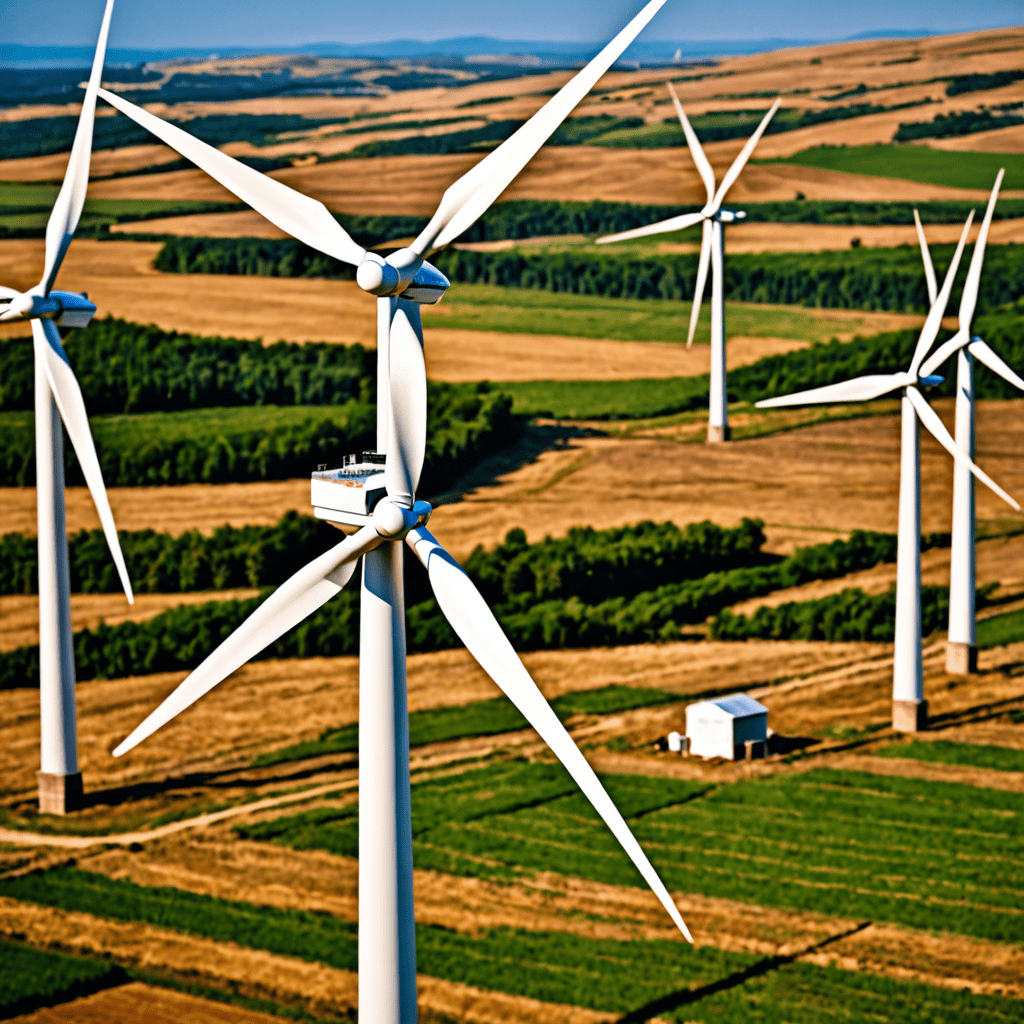The Power of Solar Energy for Off-Grid Solutions
In the realm of renewable energy, solar power stands out as a versatile and sustainable solution. When it comes to off-grid applications, solar energy offers a beacon of hope for powering remote areas and locations without traditional electricity sources.
Understanding Off-Grid Applications
Off-grid applications refer to systems that are not connected to the main electrical grid. In locations where access to electricity is limited or non-existent, off-grid solutions like solar power provide an independent and reliable source of energy.
The Benefits of Solar Energy for Off-Grid Use
Solar energy for off-grid applications brings numerous advantages. It is environmentally friendly, reduces reliance on fossil fuels, lowers electricity costs in the long run, and promotes energy independence for communities in remote areas.
How Solar Panels Work in Off-Grid Settings
Solar panels, typically installed on rooftops or open fields, capture sunlight and convert it into electricity through photovoltaic cells. This generated electricity is stored in batteries for use during periods of low sunlight or at night, ensuring a continuous power supply.
Key Components of Off-Grid Solar Systems
Off-grid solar systems consist of solar panels, charge controllers, batteries for energy storage, inverters to convert DC power to AC power, and a backup generator for emergencies. These components work together to harness and store solar energy efficiently.
Design Considerations for Off-Grid Solar Installations
When planning an off-grid solar installation, factors such as location, energy consumption, peak sunlight hours, battery capacity, and system maintenance must be taken into account. Proper design ensures optimal performance and reliability of the system.
The Future of Solar Energy in Off-Grid Applications
As technology advances and costs decrease, the future of solar energy for off-grid applications looks promising. Continued innovation in solar power storage, efficiency, and affordability will further enhance the accessibility and sustainability of off-grid solutions globally.
FAQs about Solar Energy for Off-Grid Applications
What is off-grid solar energy?
Off-grid solar energy refers to harnessing the power of sunlight to generate electricity in remote areas that are not connected to the traditional electrical grid. This self-sustaining system typically involves solar panels, batteries to store energy, and inverters to convert the energy into usable electricity.
How does off-grid solar energy work?
Off-grid solar energy systems capture sunlight using solar panels, which then convert this solar energy into direct current (DC) electricity. The electricity is stored in batteries for later use. An inverter is used to convert the DC electricity into alternating current (AC) electricity, which can power appliances and devices in homes or structures not connected to the main power grid.
What are the benefits of using solar energy for off-grid applications?
Utilizing solar energy for off-grid applications offers several advantages, such as:
– Independence from the main power grid
– Reduction in electricity costs over time
– Environmentally friendly power source
– Minimal maintenance requirements for solar panels
– Reliable power source in remote locations
Are there any challenges associated with off-grid solar energy systems?
While off-grid solar energy systems offer many benefits, they also come with challenges such as:
– Upfront costs of purchasing and installing solar panels and batteries
– Dependence on sunlight availability for energy



